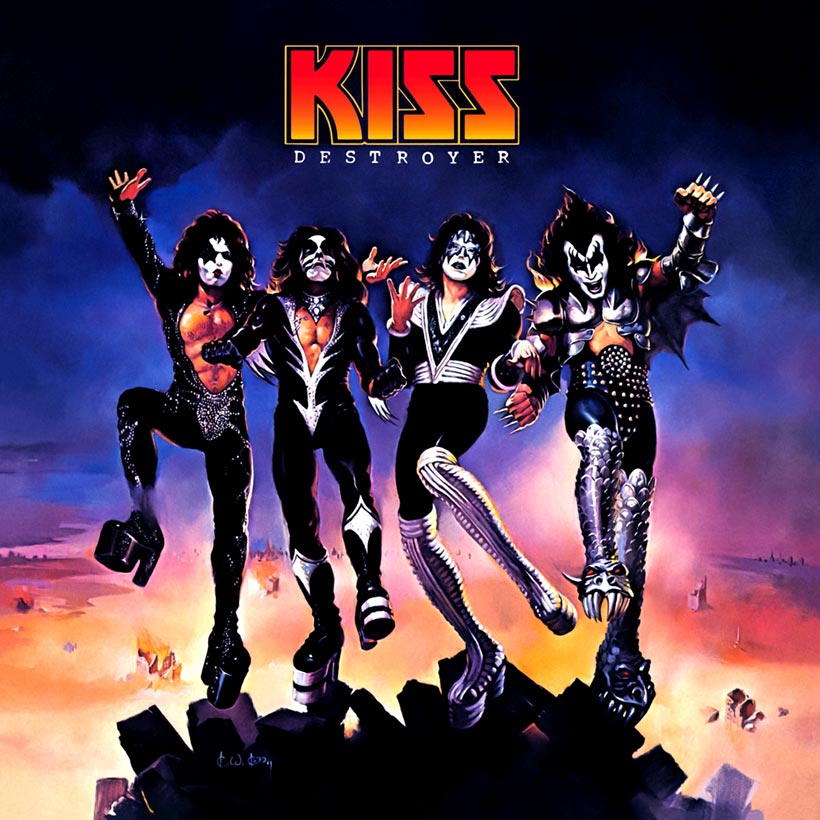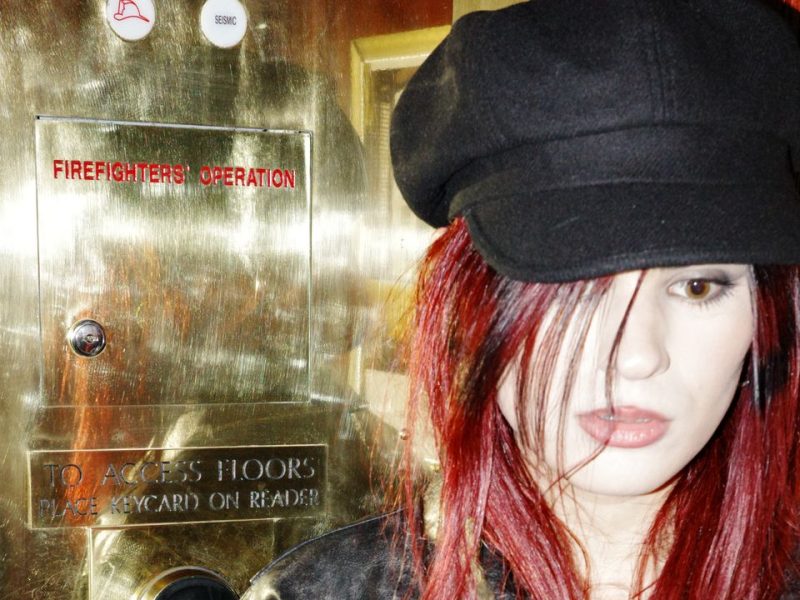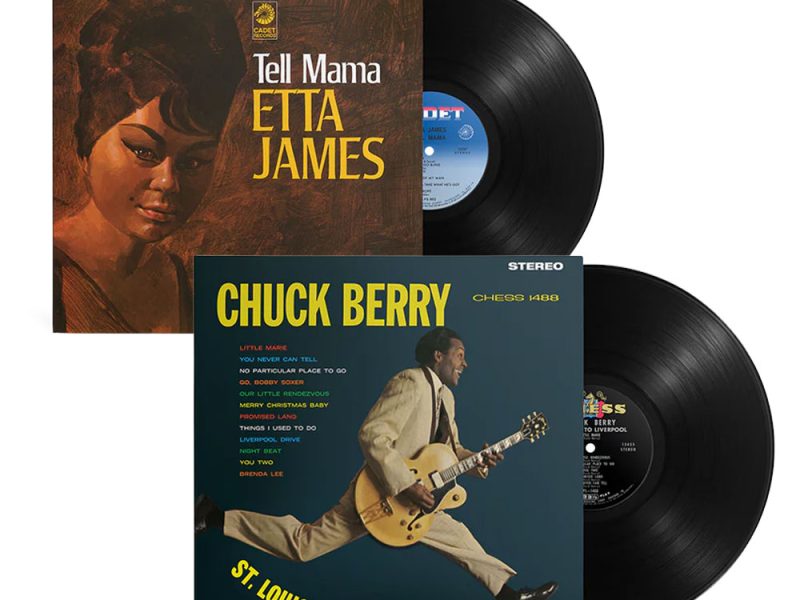After their first three albums yielded relatively modest returns, KISS achieved a well-deserved breakthrough with 1975’s concert album Alive! However, the New York rockers knew that their next studio album, Destroyer, needed to be their strongest yet if they were to continue their upward trajectory.
Listen to the classic KISS album Destroyer on Apple Music and Spotify.
“We were going beyond rock, into the world of pop”
“Finally, we’d had a hit,” guitarist/vocalist Paul Stanley told Rolling Stone in 2016, adding, “[Our manager] said, ‘You could easily go back to where you were if we don’t come up with something that really ups the ante.’ He suggested we work with Bob Ezrin.”
One of the 70s’ most in-demand producers, Canadian-born Ezrin was hot property by the time he appeared on KISS’ radar. He’d helmed critically acclaimed titles such as Lou Reed’s Berlin, but he was especially renowned for having produced Alice Cooper’s Billion Dollar Babies: a transatlantic smash that established Cooper as one of the biggest rock stars in the world in 1973.
For his part, Ezrin was well aware of KISS, having already seen them play a rapturously-received show in Iggy Pop’s hometown of Ann Arbor, Michigan: “It was unbelievably energetic, exciting, theatrical, powerful and just fantastic – it was pure, balls-out testosterone rock,” Ezrin later told Rolling Stone. “But what was missing for me was the broader audience. So after I told them I’d do the album, the underlying mission became that we were going to try to reach out to women, as well as young men. We were going to try and expand past just heavy rock and into the world of pop.”
“It was boot camp of sorts”
Ezrin had a reputation as a hard taskmaster, and KISS found out how seriously he took his work during the Destroyer sessions, most of which took place at New York’s Electric Lady Studios early in 1976, shortly after the Alive! tour concluded. A stickler for pre-production and honing every song’s arrangement to the fullest, Ezrin even halted the sessions at one point to provide the band with lessons in basic music theory.
“You have to understand that at this point we saw ourselves as ‘rock stars’ and didn’t take crap from anybody,” Paul Stanley said in 2016, “but we buttoned our lips and bit our tongues with Bob. He was the voice of experience and clearly knew more than we did. It was boot camp of sorts, but also a glorious, exciting time.”
Ezrin’s disciplined approach brought a depth and power to Destroyer’s finest rockers: “Shout It Out Loud,” “Flaming Youth,” and the enduring “Detroit Rock City.” However, the producer also deployed his studio smarts to enhance a number of the more ambitious tracks.
To turn Destroyer into what Paul Stanley later described as “a cinematic album,” Ezrin incorporated strategic sound effects, such as the screaming children and backmasking on Peter Criss’ drums on the prowling “God Of Thunder.” He also overdubbed contributions from the Brooklyn Boys Choir on “Great Expectations,” an already sumptuous ballad credited to Ezrin and bassist/vocalist Gene Simmons which daringly incorporated part of the main theme from Beethoven’s “Piano Sonata No.8 in C Minor” into its refrain. Elsewhere, a putative ballad penned by Peter Criss also caught the producer’s ear.
“That was KISS’ ‘Stairway To Heaven’”
“Originally, it was more jaunty and had a little bit of a twang to it, almost a country thing, and it was called ‘Beck,’” Ezrin said. “I took it back to my apartment and came up with the little piano figure that informs the song, and then steered it down much more of a romantic, bittersweet route.”
Rechristened “Beth” and sung by Criss, the reworked song had the across-the-board appeal that KISS and Ezrin been searching for and proved its worth when it was released as the flipside of Destroyer’s third single, “Detroit Rock City.” After receiving numerous requests for airplay, KISS reissued “Beth” as the album’s fourth single proper in August 1976. It duly peaked at No.7 on the Billboard Hot 100 and became the band’s first Top 10 hit.
“Beth” also reignited interest in Destroyer, which Casablanca had first issued on March 15, 1976. It initially performed well, peaking at No.11 on the Billboard 200 in May, after which it slipped down the chart. However, after the success of “Beth,” Destroyer enjoyed a second wind, climbing back up the charts during the autumn of 1976 and rewarding KISS with the first of many platinum discs they would earn as they became one of the world’s biggest rock bands over the next five years.
“The key to this record was we really rehearsed a lot, and we really knew the material,” Bob Ezrin told Rolling Stone in 2016. “By the time they got to the studio, it was just about getting a great performance.”
“I do believe, personally, that album was KISS’ ‘Stairway To Heaven’,” Peter Criss added. “Let me overstep my bounds. But I do believe it was our ‘wow’ album.”
The classic KISS album Destroyer can be bought here.



